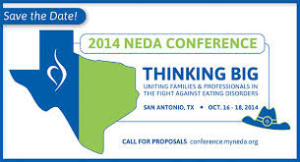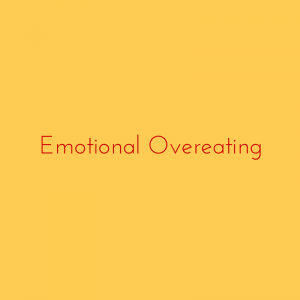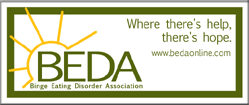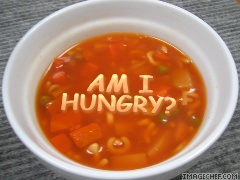 I feel so so very torn about the FDA’s new requirement of putting calorie counts on menus of restaurants, movie theaters, amusement parks, etc…..I do not recommend people tracking their calories to regulate their weight or for health reasons as it gets us away from eating intuitively.
I feel so so very torn about the FDA’s new requirement of putting calorie counts on menus of restaurants, movie theaters, amusement parks, etc…..I do not recommend people tracking their calories to regulate their weight or for health reasons as it gets us away from eating intuitively.
Calorie counting promotes dieting behavior (which we know doesn’t work for long term weight regulation). Dieting is a known risk factor for developing an eating disorder (ED). And calorie counting may exacerbate eating disorder symptoms in someone who is in recovery from an ED.
And to my knowledge, the jury is still out if putting calories on menus is helpful in improving overall health.
On the other hand, I do think we need to improve the quality of our food in this country in order to promote the health of our nation and our environment. I wonder if requiring food establishments to be transparent about calories, if it would force the food companies to improve overall food quality???
I am the first one to admit I don’t have the answer to our dilemma, but I do feel like Life Time Fitness may be onto something here… In their magazine, Experience Life, in their recipe section they do not include nutrition information (calories, carbohydrate grams, etc.) . Unlike other popular “health magazines”.
Not only does Experience Life magazine exclude nutrition information of their recipes, they go the extra mile and provide a health promotion message instead. Here is their explanation as it appears in their recipe section of the magazine:
“Why No Numbers?
Readers sometimes ask why we don’t publish calories, carb and fat counts with our recipes. We believe that if you’re eating primarily whole, healthy foods (array of sustainably raised vegetables, fruits, nuts, seed, legumes, meats, fish, egg, whole-kernel grains, and healthy fats and oils), you really don’t need to stress about the numbers (which are often inaccurate or misleading anyway). We prefer to focus more on food quality and trust our bodies to tell us what we need.”
Sounds good to me. Folks what do you think????




